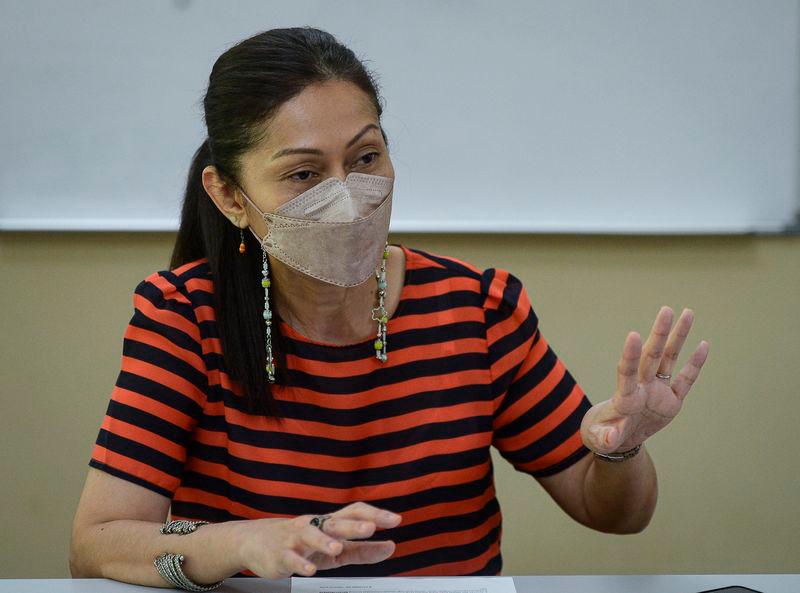PETALING JAYA: The OrphanCare Foundation has expressed concern about the establishment of unregistered orphanages and welfare homes by well-meaning individuals and NGOs, highlighting issues related to inadequate funding.
The non-profit foundation endeavours to give institutionalised children and unplanned, at risk, newborn babies the joy of growing in the care of a loving family.
Its advocacy, communications and fundraising manager Riza Alwi said it previously voiced concerns about charity homes and their practice of opening orphanages “without sustainable financial plans”.
“In some cases, orphanages are established with good intentions but are primarily set up to generate income from donations. If the facility is not under strict government oversight, funds could be misused.”
She said orphanages should not be places of poverty and called for better management and oversight.
“If they lack resources, they should not be operating. Such homes need to be protected by the government, which must ensure they have qualified teachers and caregivers.”
Last year, the UN Children’s Fund Child Protection chief Saskia Blume revealed an estimated 64,000 children were living in orphanages in Malaysia.
“Nobody knows how many children are in such institutions, but the estimate is a high number for the region.
“What makes the situation even more tragic is that 90% of the children are not parentless. Many of the institutions they are admitted into are unregistered, allowing them to evade government oversight.”
She said it is a stressful situation when families place children in orphanages despite having potential caregivers within their extended family.
“It seems there is a trend in which families place their children in orphanages. Often, there are family members who could afford to care for the children but decline to do so.”
Riza stressed that placing a child in an orphanage just because the parents have several children and cannot afford to care for them is detrimental to child development.
“An orphanage is not a boarding school.”
However, she also said the foundation has facilitated adoption for 28 older children from various orphanages and reintegrated 82 family members, who are leading fulfilling lives.
“While our focus is mainly on deinstitutionalisation, which aims to reintegrate children with their families while providing comprehensive support, it is troubling to see situations in which people open orphanages just because they have a big house or can rent one, then fill it with 30 to 40 children and start asking for donations.
“For every child we remove from an institution, 10 more are placed in. If operators do not have the financial means to sustain the home for at least three to five years, they should not open one.”
She said while registered orphanages might be a safer option in cases of abuse or severe family issues, they should not be the go-to solution for financial difficulties.
“We believe children with a family should not grow up in such institutions.”
She said by voicing such concerns and working with others, the foundation wishes to advocate better policies and practices to ensure the wellbeing of children.









